December 2022 | Volume 15, Issue 6

Young brown bears in Alaska photographed by ABR volunteer Jennifer Bellon, MD. See the Volunteer Spotlight for more about this radiation oncologist’s adventures as a wildlife photographer.

Make Time for Yourself During Late-Year Rush
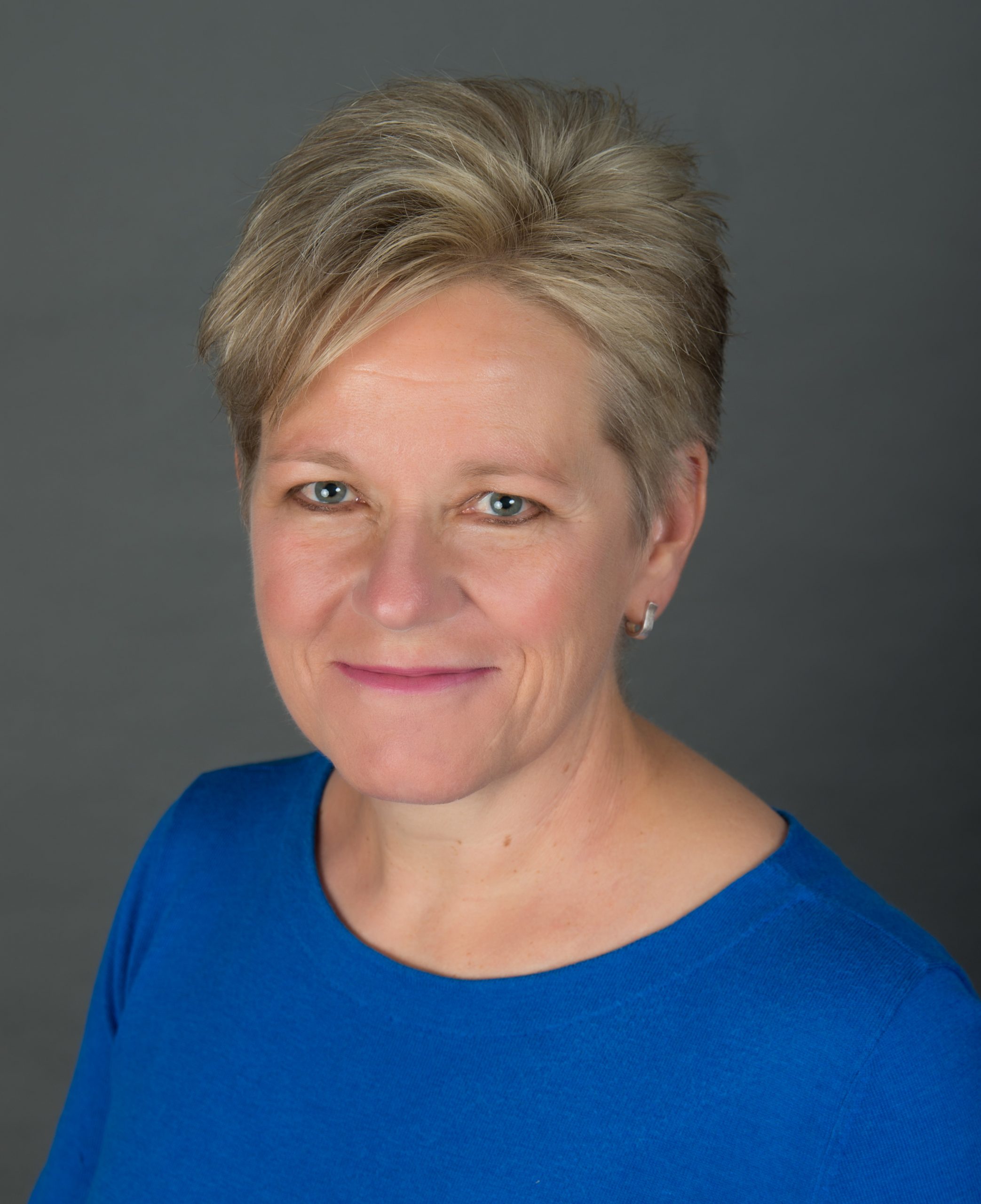 By Mary S. Newell, MD, ABR Governor
By Mary S. Newell, MD, ABR Governor
2022;15(6):1
It is ironic that these late fall and early winter days, which already feel so short, are packed so full for those in our field, with the predictable late-year influx of patients and the start of national meeting season. Often, we go and come from work in the dark. But the period brings joyful holidays and festivities as recompense. I hope you can take time to celebrate the many insights and activities of our colleagues outlined in this issue of The Beam.
In this issue . . .
ABR President Robert Barr, MD, describes recently completed and approved ABR bylaws revisions, noting that the changes largely represent a “refresh rather than substantive structural or procedural changes.”
ABR Executive Director Brent Wagner, MD, outlines the path taken by the ABR to move toward remote exam delivery, including creation and continuing optimization of an in-house platform.
Click HERE to read more.

ABR Bylaws Revision Clarifies Roles of BOG, BOT, and Committees
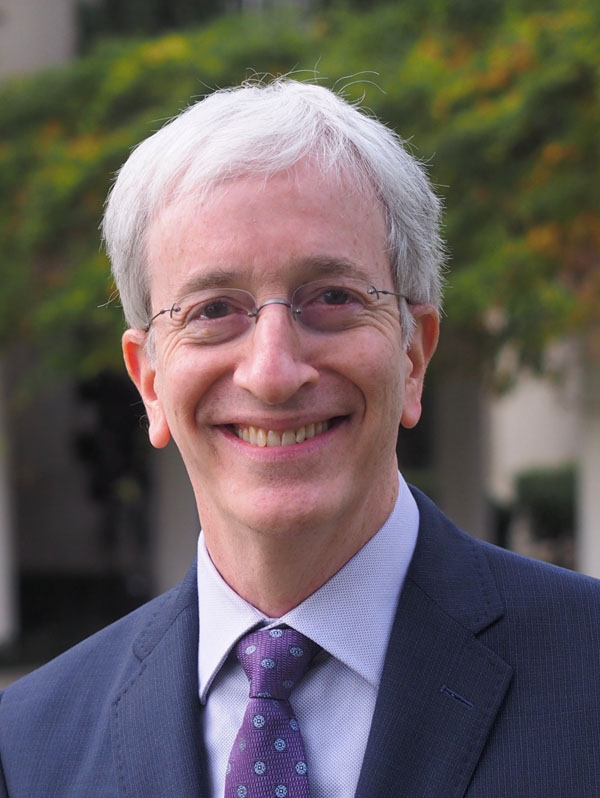 By Robert M. Barr, MD, ABR President
By Robert M. Barr, MD, ABR President
2022;15(6):2
Following input from the Bylaws Committee, the Board of Governors recently approved revisions to the ABR bylaws. These changes represent a general refresh rather than substantive structural or procedural changes. The goal was to clarify roles, update committees, and introduce name changes and other edits throughout the document. These changes reflect the evolution of the organization over the past five years and will allow us to continue to support the ABR mission effectively and efficiently.
The basic governance construct we have followed for several years is unchanged and includes both a Board of Governors (BOG) and a Board of Trustees (BOT). The BOG remains the body responsible for the “corporate powers, business and affairs” of the ABR, and the officers (president, president-elect, and secretary-treasurer) are BOG members. The BOT coordinates and oversees volunteer activity and remains focused on elements of ABR assessments (including exams). The chair of the BOT serves as a member of the BOG, helping to provide continuity and communication between the two. The organizational structure of the ABR is clarified as a non-member corporation, consistent with the Articles of Incorporation.
Click HERE to read more.

Advances in the Remote Exam Platform Improve Candidate Experience
 By Brent Wagner, MD, MBA, ABR Executive Director
By Brent Wagner, MD, MBA, ABR Executive Director
2022;15(6):3
The ABR embarked on a path to develop remote exams in the early summer of 2020. At the outset, the model for remote high stakes medical specialty certification assessments had not yet been defined. Along with many of our colleagues in other specialties, we found ourselves innovating and, to some degree, experimenting with platforms that would strike a balance between maintaining a valid credential and creating an acceptable user experience.
In early 2021, we administered our first remote exams. We used a third-party remote proctor system, with a long history of success in higher education testing, to allow examinees to avoid the risk, stress, and expense of travel at a time when infection rates were high and vaccines were unavailable. Although we were confident that this allowed us to satisfy the first criterion (a secure exam as part of a valid credential), there were opportunities for improvement of the user experience. This past year, we developed a remote proctor system that is integrated with our exam software. Following a pilot in early July, this was implemented across several exams beginning in September. For the user, this provides a more seamless process for entering the exam. For ABR staff, it allows us to do “real time” monitoring of the video, so we can coach candidates to correct minor issues during the exam. In contrast, with the former method, we might not discover until many days later, during retrospective review, that the camera was incorrectly positioned or that we received incomplete video.
Click HERE to read more.

BOG Manages Financial Resources Prudently to Meet ABR Mission
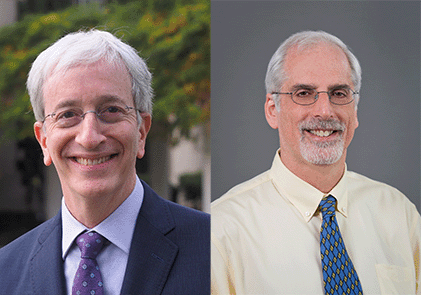 By Robert M. Barr, MD, ABR President, and John A. Kaufman, MD, ABR Secretary-Treasurer
By Robert M. Barr, MD, ABR President, and John A. Kaufman, MD, ABR Secretary-Treasurer
2022;15(6):4
As one of its fiduciary responsibilities, the Board of Governors carefully monitors the financial performance of the organization. ABR management controls costs wherever possible and seeks efficiencies including automation. The ABR has not been immune to inflationary pressures, including those related to recruiting and retaining qualified employees. Development expenses related to exam creation and delivery have not yet reached steady state in the new remote exam paradigm; however, the Board will continue to strive to avoid fee increases. The last increase was in 2016.
As a nonprofit 501(c)(6), we are required to file IRS Form 990; that form (for 2021) and other financial information is posted on our website. We had an operating deficit in 2021, expect to end with a deficit for 2022, and have budgeted for a deficit for 2023. Financial reserves have, thus far, allowed us to avoid fee increases to cover these operating losses. We have asked staff to continue to meet the requirements for Platinum transparency status with Candid (GuideStarTM). To learn more about ABR Finances, click on the image.

New Committee Works to Instill DEI Initiatives Across ABR
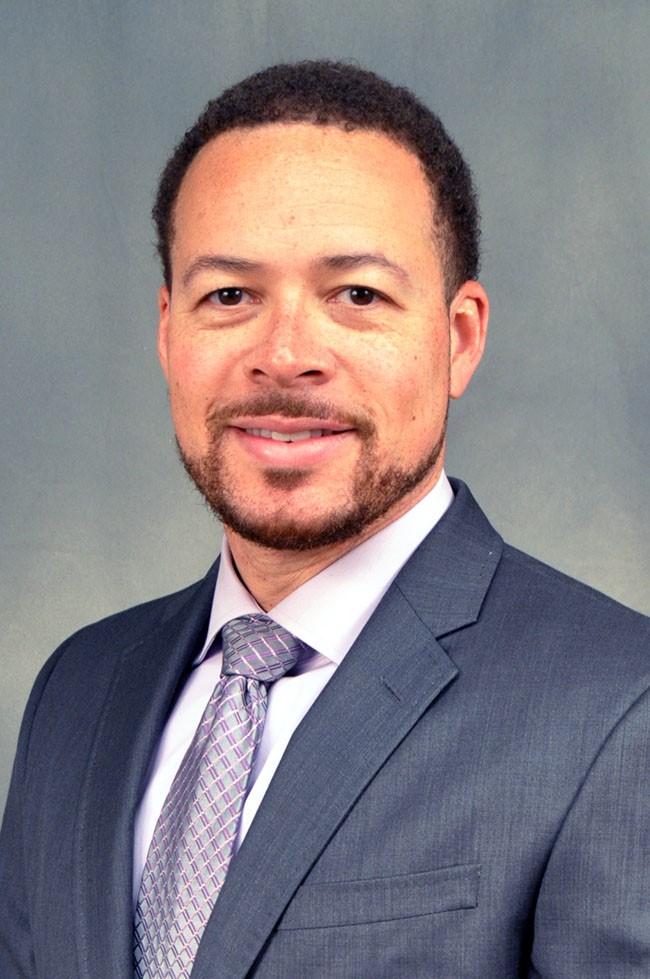 By Paul J. Rochon, MD, ABR Trustee
By Paul J. Rochon, MD, ABR Trustee
2022;15(6):5
The American Board of Radiology aspires to incorporate diversity, equity, and inclusion in all its efforts and activities. The recently formed Diversity, Equity and Inclusion (DEI) Committee is responsible for making recommendations and developing and supporting initiatives to create and sustain a diverse, equitable, and inclusive environment for all candidates, diplomates, volunteers, and staff. Committee members are appointed by the Board of Trustees chair and include at least three trustees representing different disciplines (one of whom serves as chair), at least two governors, and the executive director as an ex officio member.
The committee has been implementing ideas to make ABR exams and experiences sensitive to DEI issues. One way is to try to avoid scheduling exams during religious holidays whenever possible. The DEI Committee is also working with the ABR’s Language and Style Committee to incorporate gender-neutral terminology in exam questions. Another effort has been to ensure that the Americans with Disabilities Act is integrated into the ABR. The ABR is compliant with the ADA and makes reasonable accommodations in exam procedures for individuals with documented disabilities. The ABR also makes exam accommodations for nursing and expectant mothers making a request. Furthermore, the Board will make every effort to promote diversity and inclusion in its volunteers.
If you have suggestions or ideas that involve an unmet effort or initiative, please contact ABR Director of Communications David Laszakovits.
Candidates Express Their Views on Remote Platform Outage
By Rodney Campbell, ABR Communications Manager
2022;15(6):6
Candidates who took the Diagnostic Radiology Certifying Exam on September 30 ran into an unanticipated hurdle. During the afternoon session, the ABR’s platform unexpectedly went down for about 40 minutes, temporarily halting the process for the 1,068 examinees. All candidates were given 70 extra minutes of exam time once the system came back online.
ABR staff notified examinees about the issue by text and later informed them that the platform was back up. While relieved that they could return to the exam, the candidates’ understandable frustration and anxiety was clear on calls to the Exam Day Help Desk and on social media posts.
With a remote platform, there is always a chance that individual or system issues will occur during an exam. The ABR is making improvements to its remote platform and help desk phone system to mitigate the effects of a future system-wide outage. We reiterate our sincere apology to everyone who was impacted by the interruption.
Along with sending a post-exam survey, the ABR reached out to several examinees to get their thoughts on the day’s events.
Click HERE to read more.

Podgorsak Becomes First Medical Physicist Named BOT Chair
By Geoffrey S. Ibbott, PhD, ABR Associate Executive Director for Medical Physics
2022;15(6):7
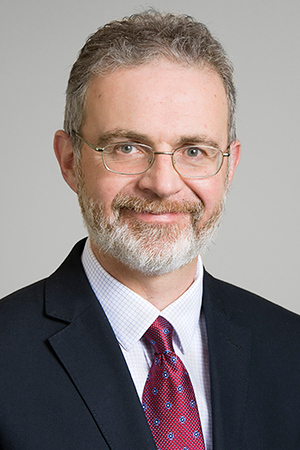
At the September 2022 meeting of the Board of Trustees, Dr. Matthew Podgorsak began his term as chair of the Board. This marks the first time a medical physicist has been elected BOT chair since the position was created in 2015. Dr. Podgorsak succeeds Dr. Donald Flemming, a diagnostic radiologist who served two terms as chair.
The BOT focuses on the critically important task of ensuring the quality, relevance, and effectiveness of ABR exams. The BOT has diplomates from diagnostic radiology, interventional radiology, medical physics, and radiation oncology. Dr. Podgorsak is one of three medical physics trustees and has responsibilities for therapeutic medical physics exams. He is joined by Dr. Kalpana Kanal, the trustee for diagnostic medical physics, and by Dr. Robert Pooley, the trustee for nuclear medical physics.
As chair, Dr. Podgorsak also has a seat on the ABR’s Board of Governors. The BOG’s primary focus is strategic, policy, and financial matters. The BOT chair is the only volunteer who serves as a member of both boards. This makes the position both influential and challenging; the BOT has 20 members while the BOG currently has eight.
Click HERE to read more.

Maintaining Relevance in RO Exam Development
By Paul E. Wallner, DO, ABR Associate Executive Director for Radiation Oncology, and Anthony M. Gerdeman, PhD, ABR Director of Exam Services
2022;15(6):8
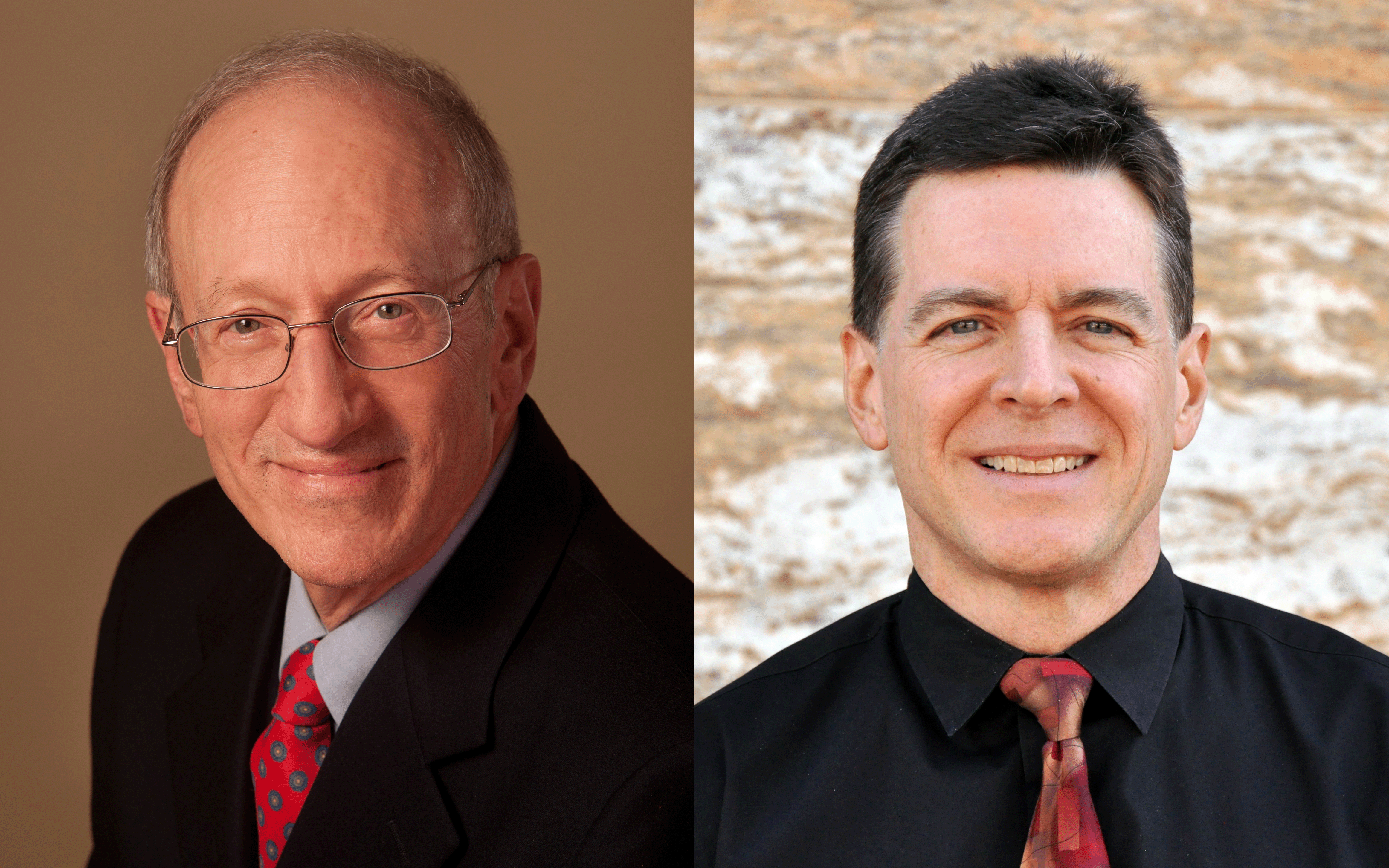 To maintain credibility, any organization responsible for evaluating knowledge and skills of clinical or scientific domains must be prepared to assure those being tested of the relevance of the assessment instruments employed. Absent specific, granular definitions of relevant subject matter by involved educators, the final determination of relevance remains somewhat subjective. The challenge then becomes developing exam content material that represents appropriate coverage of the specific domains.
To maintain credibility, any organization responsible for evaluating knowledge and skills of clinical or scientific domains must be prepared to assure those being tested of the relevance of the assessment instruments employed. Absent specific, granular definitions of relevant subject matter by involved educators, the final determination of relevance remains somewhat subjective. The challenge then becomes developing exam content material that represents appropriate coverage of the specific domains.
Requirements for postgraduate training in radiation oncology are defined by the Accreditation Council for Graduate Medical Education (ACGME) Radiation Oncology Review Committee (RO RC). In its program requirements for approved training in RO, the RO RC specifies only broad domains, indicating that, “Residents must have experience with lymphomas and leukemias; breast, central nervous system, gastrointestinal, genitourinary, gynecologic, head and neck, lung, pediatric, skin, and soft tissue and bone tumors; and treatment of benign diseases for which radiation is utilized.”
Click HERE to read more.

Radiology Residency Programs Would Benefit from Better Female Representation
By Christine Nwoke, MS, DO
2022;15(6):9
 In 1981, Drs. Helen Redman and Ann Lewicki established the American Association for Women in Radiology (AAWR) with the intent to increase the presence of women in the field. Despite their efforts, there is still a low number of female radiologists practicing today.
In 1981, Drs. Helen Redman and Ann Lewicki established the American Association for Women in Radiology (AAWR) with the intent to increase the presence of women in the field. Despite their efforts, there is still a low number of female radiologists practicing today.
The Association of American Medical Colleges reported in 2016 that roughly 25% of practicing radiologists were female. Additionally, about 25% to 30% of radiology residents were women.1 This is in stark contrast with the almost equal distribution of current male and female medical students. The gender disparity in radiology is greater than in many other specialties and has not changed in the last decade.2 In a 2014 study, diagnostic radiology ranked 17th in female representation among the 20 largest residency training specialties.3 It is for this reason that radiology programs should strive to recruit more female applicants.
Women make up about 25% of total diagnostic radiology applicants. Many factors may contribute to an applicant choosing a program. When I researched programs, I looked at the program director’s message and current residents. It was hard not to notice gender, especially when an entire residency class was male. This, plus the lack of female faculty, could make a woman hesitant to apply.
Click HERE to read more.
Volunteer Takes Her Best Shot at Animals Across the World
By Rodney Campbell, ABR Communications Manager
2022;15(6):10
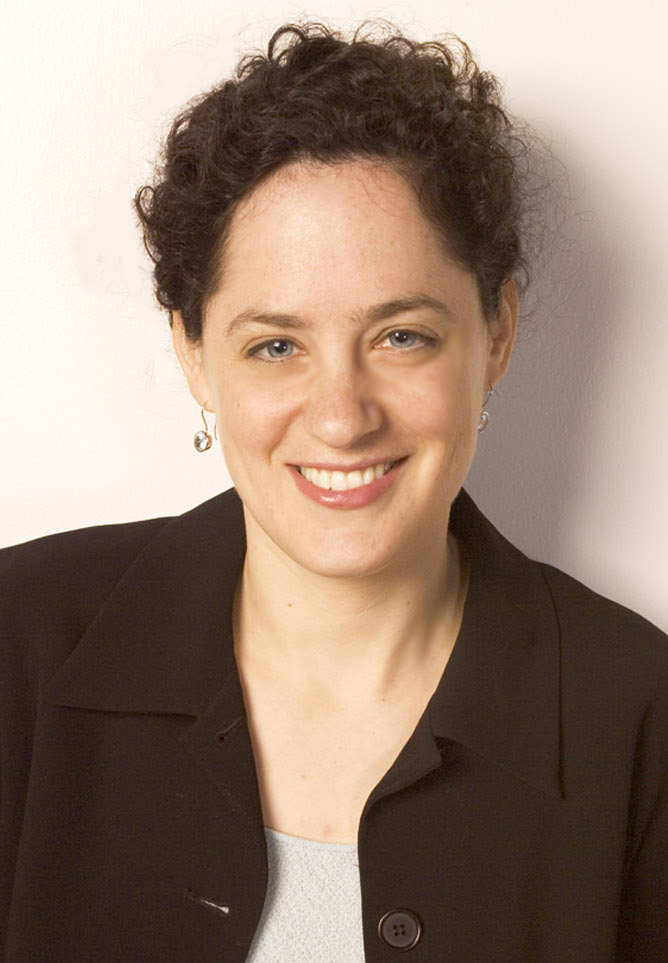 Serving as an ABR volunteer can be challenging and rewarding. Meeting deadlines, establishing working relationships, learning new computer platforms, writing questions for Initial Certification exams or OLA, and finding the neutral-but-fair mindset necessary to be an oral examiner require experience, attention, and dedication.
Serving as an ABR volunteer can be challenging and rewarding. Meeting deadlines, establishing working relationships, learning new computer platforms, writing questions for Initial Certification exams or OLA, and finding the neutral-but-fair mindset necessary to be an oral examiner require experience, attention, and dedication.
With close to 20 years spent as a volunteer, Jennifer Bellon, MD, has been through it all. But her skills are really put to the test when she’s away from her professional life.
This happens when she touches down in a faraway place with photography equipment in hand, unsure of what animals she will find. As much as they may appear to be, Africa and Alaska aren’t staged for photographers.
“It’s super exciting … you’re watching their lives,” she said. “You’re watching them hunt and eat. You’re seeing elephant families with a mother protecting her baby.”
Dr. Bellon is an associate professor of radiation oncology at Harvard Medical School and director of breast radiation oncology and radiation oncology at Dana-Farber Cancer Institute. With all her expertise, especially in the area of breast cancer, she is most often in her element when far from her home in the Boston area or an ABR volunteer meeting in Chicago or Tucson. Her love of travel and photography started years ago when her parents took her on exciting trips. Her father is also a photographer and radiologist.
Click HERE to read more.
ABR Eliminating SA-CME Requirement for OLA Participants
2022;15(6):11
The end of this year will mark the completion of three full years since the successful launch of Online Longitudinal Assessment (OLA) for all ABR specialties. While we celebrate its many benefits, we continue to evaluate opportunities to improve OLA and its overall fit in the Continuing Certification (MOC) process.
OLA has proved to be a robust self-assessment tool. To that end, 2022 will be the final year that we will require diplomates completing their OLA annual progress requirement to complete self-assessment CME (SA-CME). All diplomates will still need to complete 75 Category 1 CME credits in the previous three-year period, but no SA-CME will be required after 2022. The OLA annual progress requirement is the number of questions a diplomate needs to answer each year. For most, this is 52 questions per year, but it will vary depending on how many certificates you are maintaining.
Click HERE to read more.
New RO Associate Executive Director to Start in 2023
2022;15(6):12
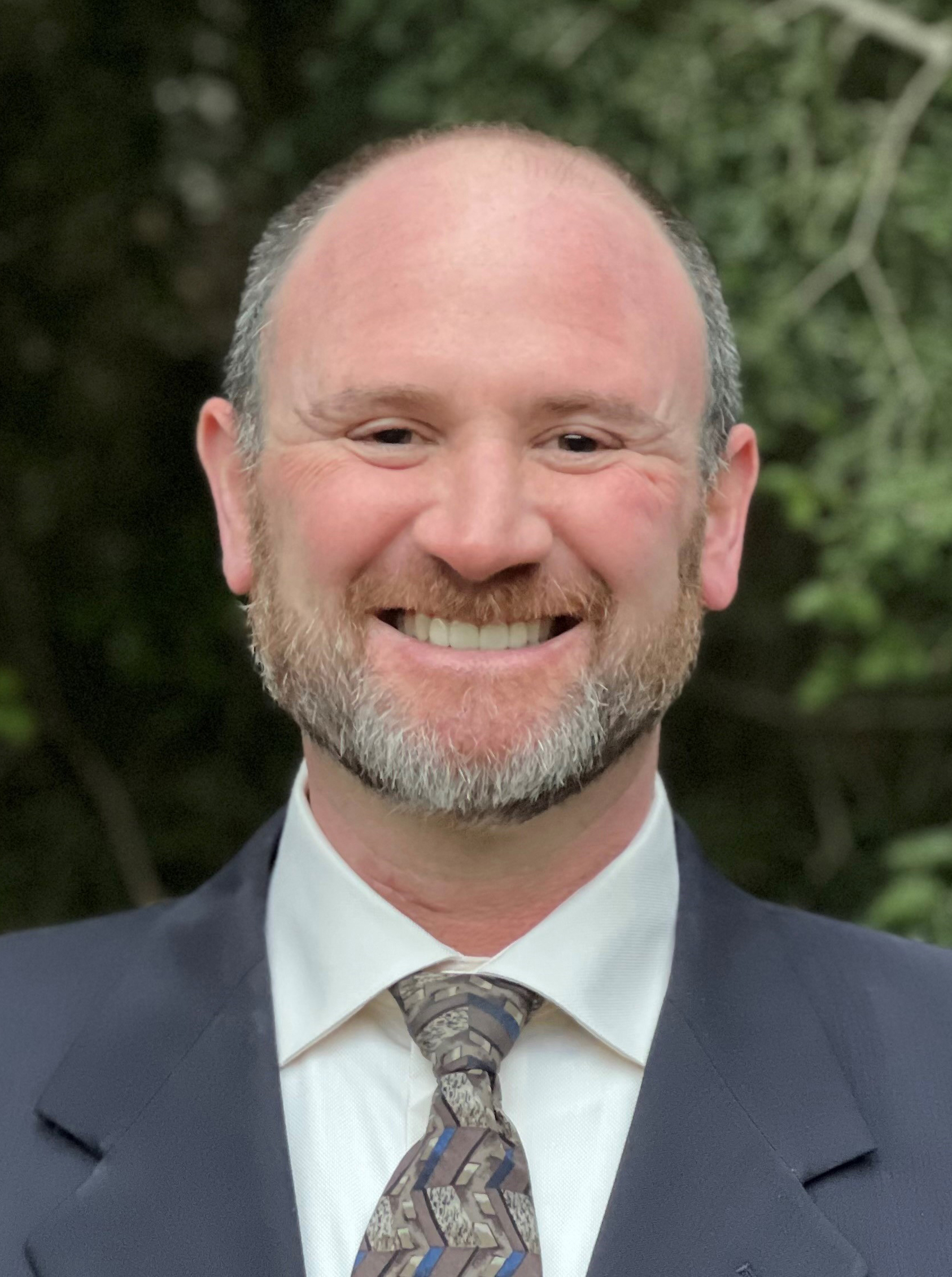 Michael Yunes, MD, has been named ABR associate executive director (AED) for radiation oncology. Dr. Yunes replaces Paul Wallner, DO, who is retiring from the position after more than 13 years.
Michael Yunes, MD, has been named ABR associate executive director (AED) for radiation oncology. Dr. Yunes replaces Paul Wallner, DO, who is retiring from the position after more than 13 years.
Dr. Yunes, UMass Chan Medical School-Baystate Division of Radiology/Oncology Chief, will start in the first quarter of 2023.
Four AEDs work as part-time staff and serve as extensions of the executive director. They work with their ABR colleagues and the diagnostic radiology, interventional radiology, medical physics, and radiation oncology fields to improve continuing and initial certification processes.
ABR Advisory Committees Provide Stakeholder Feedback
2022;15(6):13
In an ongoing effort to gather feedback from stakeholders, the ABR has Initial and Continuing Certification Advisory Committees for all four specialties it certifies.
The members are recommended by associations and societies and serve two- or three-year terms. Each committee is chaired by an ABR board member or associate executive director.
We thank these candidates and diplomates for volunteering their time. For more information, please visit our Advisory Committees web page.
Matthew A. Mauro, MD, Named RSNA President
2022;15(6):14
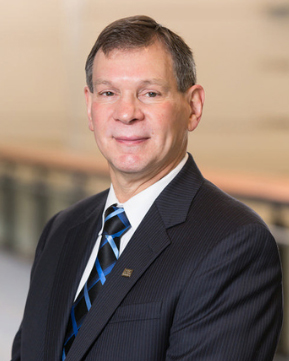 At the the Radiological Society of North America (RSNA) annual meeting last month, it was announced that former ABR governor Matthew A. Mauro, MD, would be the next president of the RSNA Board of Directors.
At the the Radiological Society of North America (RSNA) annual meeting last month, it was announced that former ABR governor Matthew A. Mauro, MD, would be the next president of the RSNA Board of Directors.
Dr. Mauro is a professor at the University of North Carolina School of Medicine in Chapel Hill, where he has been a faculty member since 1982. He is president of the UNC Faculty Physicians and senior physician executive of UNC Health Care System Revenue Cycle.
Dr. Mauro currently serves the ABR as a SAMs reviewer and an oral examiner for interventional radiology/diagnostic radiology. He was on the ABR Board of Trustees from 2006 to 2015 and the Board of Governors from 2015 to 2018.
ABR RO Volunteers Assume Leadership Roles with ASTRO
2022;15(6):15
The following ABR volunteers were named to leadership roles with the American Society for Radiation Oncology (ASTRO) at the annual meeting in October: Jeff Michalski, MD, President; Neha Vapiwala, MD, Secretary-Treasurer; Constantine Mantz, MD, Health Policy Council Chair; and Brian Marples, PhD, Science Council Chair. ABR trustee for radiation oncology Catheryn Yashar, MD, was named Health Policy Council Vice-Chair.
In addition, seven ABR volunteers were installed as ASTRO Fellows. The ASTRO Fellows program recognizes individuals who have made significant contributions to the society and to the field of radiation oncology through research, education, patient care, and service to the field. New ASTRO Fellows for 2022 are:
- Mark K. Buyyounouski, MD, MS, Stanford University
- Bhishamjit S. Chera, MD, Medical University of South Carolina
- Steven J. Frank, MD, The University of Texas MD Anderson Cancer Center
- Bridget F. Koontz, MD, GenesisCare USA
- Paul Nguyen, MD, Dana-Farber Cancer Institute
- Minh-Tam Truong, MD, MBBS, Boston University School of Medicine
- Jonathan Tward, MD, PhD, Huntsman Cancer Institute at the University of Utah
BOG President: Stakeholder Input Key to Improving Our Processes
2022;15(6):16
 Robert Barr, MD, became president of the ABR Board of Governors (BOG) in September. Dr. Barr is a private practice neuroradiologist in Charlotte, North Carolina, and served as president of Mecklenburg Radiology Associates from 2005 to 2016.
Robert Barr, MD, became president of the ABR Board of Governors (BOG) in September. Dr. Barr is a private practice neuroradiologist in Charlotte, North Carolina, and served as president of Mecklenburg Radiology Associates from 2005 to 2016.
A strong advocate for neuroradiology practice, he has been actively involved in coding, reimbursement, and coverage policy as past chair of the American Society of Neuroradiology (ASNR) Health Policy Committee and prior ASNR Advisor to the AMA/Specialty Society Relative Value Scale Update Committee.
Dr. Barr recently took time to answer a few questions about his new position.
How much time does it take to serve as the BOG President?
It takes a fair amount of time. The president meets weekly with the executive director and president-elect and helps run the monthly virtual meetings of the Board of Governors (BOG) in addition to the fall and spring in-person meetings of the governors, Board of Trustees (BOT), and staff. The president also participates in stakeholder meetings and serves as a member of many of the operational committees of the BOG, including budget and finance, bylaws, audit review, professionalism, and executive compensation, each of which holds additional meetings. Beyond scheduled meetings, there are intermittent unscheduled issues needing attention.
Click HERE to read more.

November 30 Blog
His RSNA 2022 Experience Took an Unexpected Turn
November 21 Blog
These Residents Are Thankful for Their Programs
November 14 Blog
Queen of the Kingdom Hoping for Super Coronation
November 1 Blog
Is He Happy to Pursue Radiology? You Better Bee-lieve It
October 25 Blog
International Medical Graduate Credits Mentor for Her Second Chance
October 18 Blog
Breast Imager Thinks Pink All Year Long










